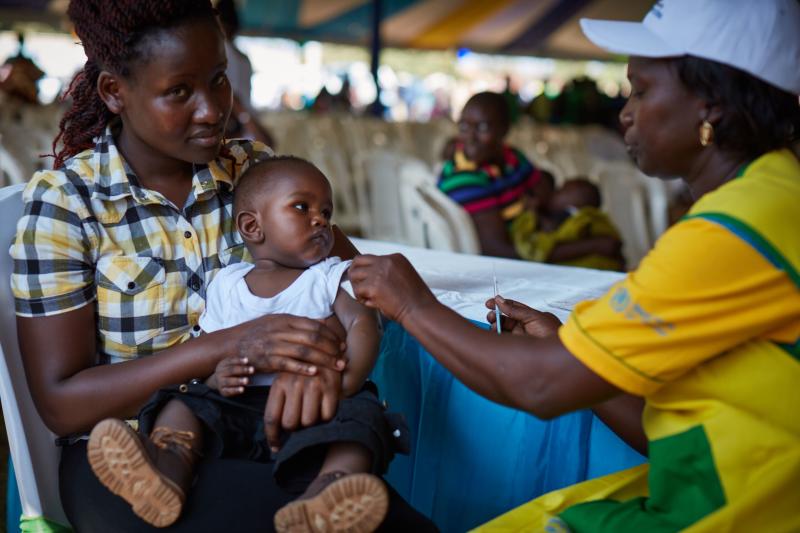
Malaria holds us back. Every two minutes a child dies from the disease. This highly treatable and preventable disease is a drain on the economies of African countries, keeping children out of school and adults out of work, stifling productivity, contributing to the cycle of poverty, and limiting the enormous future potential of children and young people.
There were 229 million malaria cases and 409,000 deaths across the globe in 2020, more than 90 per cent were recorded in sub-Saharan Africa. In Kenya, approximately 70 per cent of the population is at risk of malaria, with 14 million people living in endemic areas and a staggering 17 million others in areas of epidemic and seasonal malaria. National malaria prevalence is high and remains one of the top 10 causes of death in Kenya, with an incidence of up to 27 per cent among children aged under five, particularly in the western lake region.